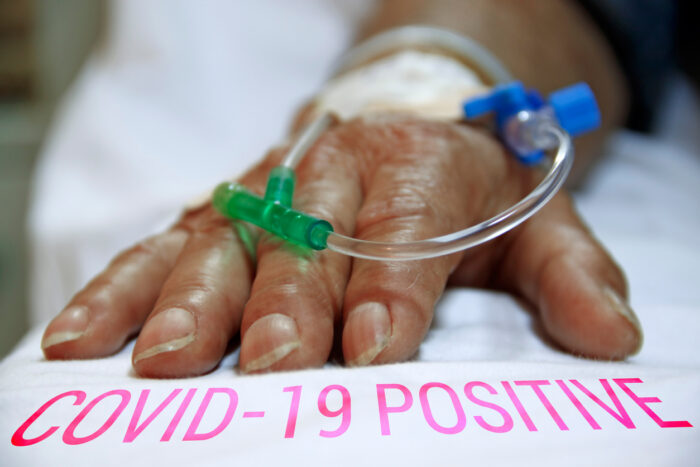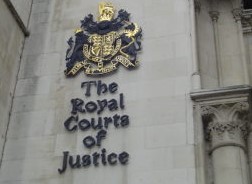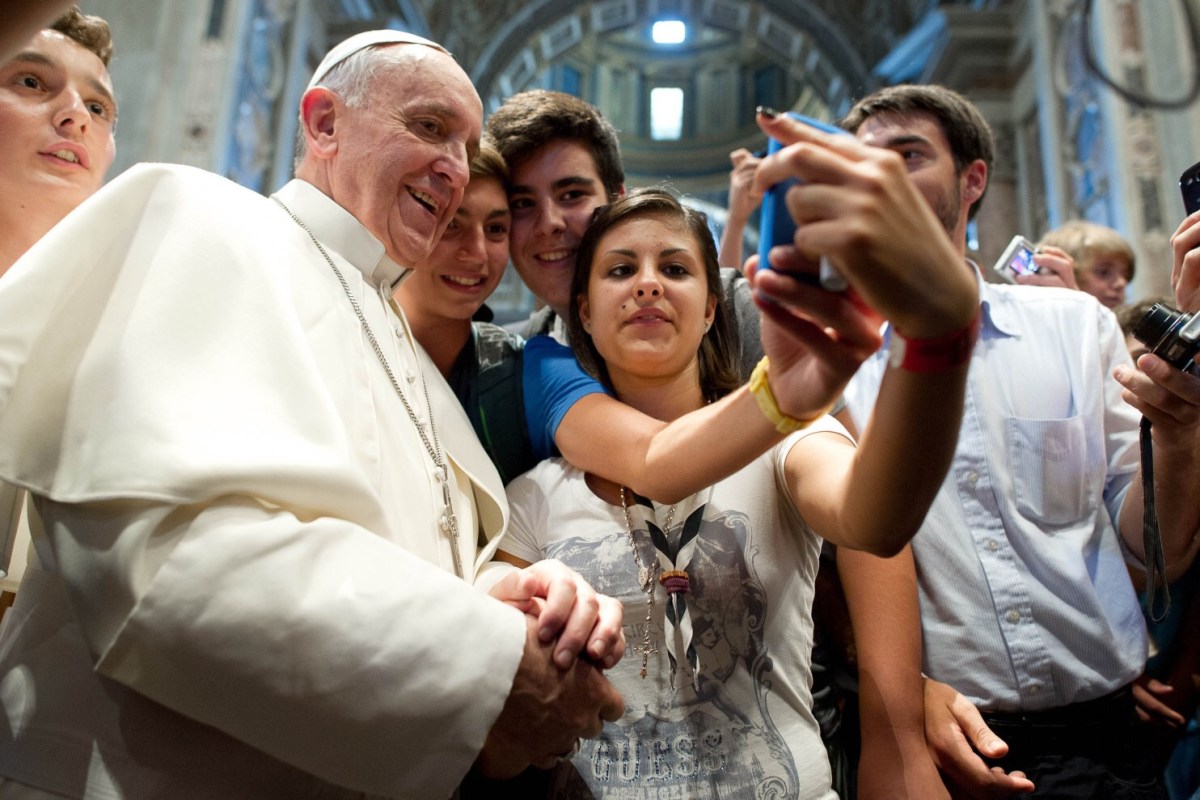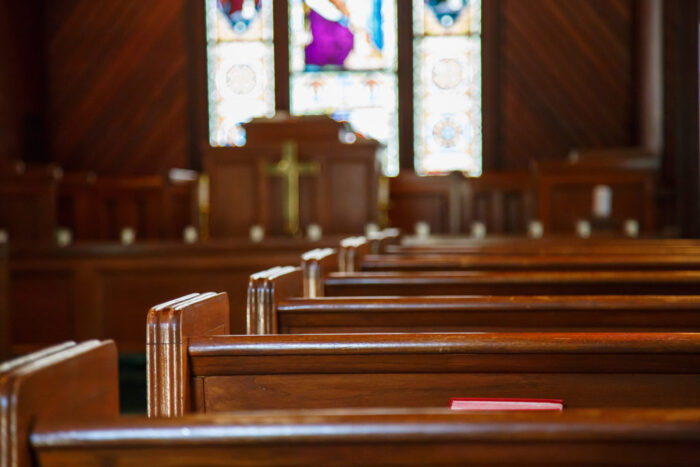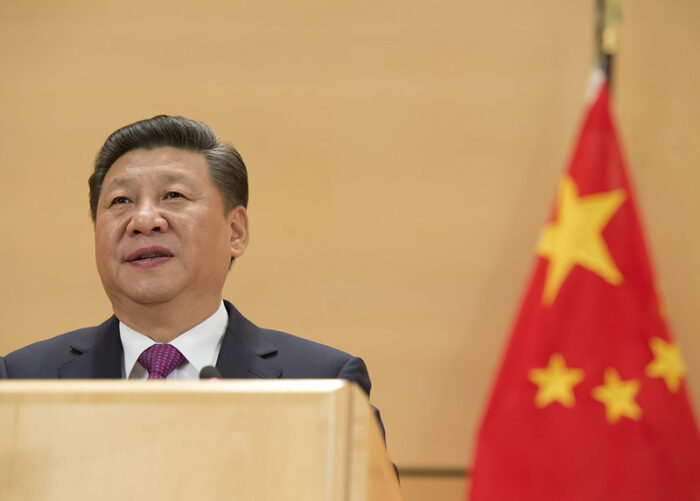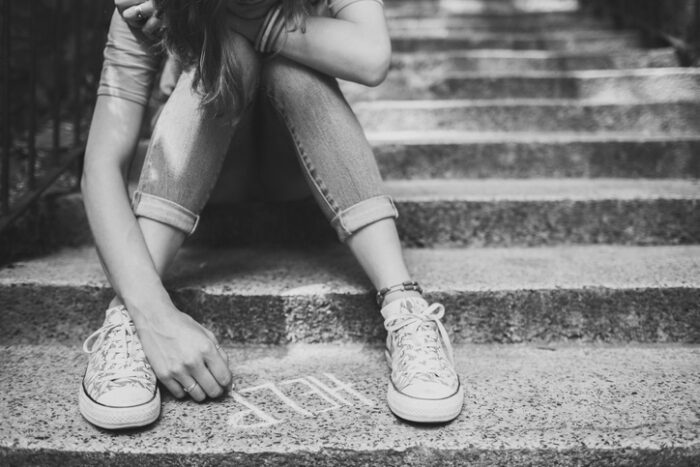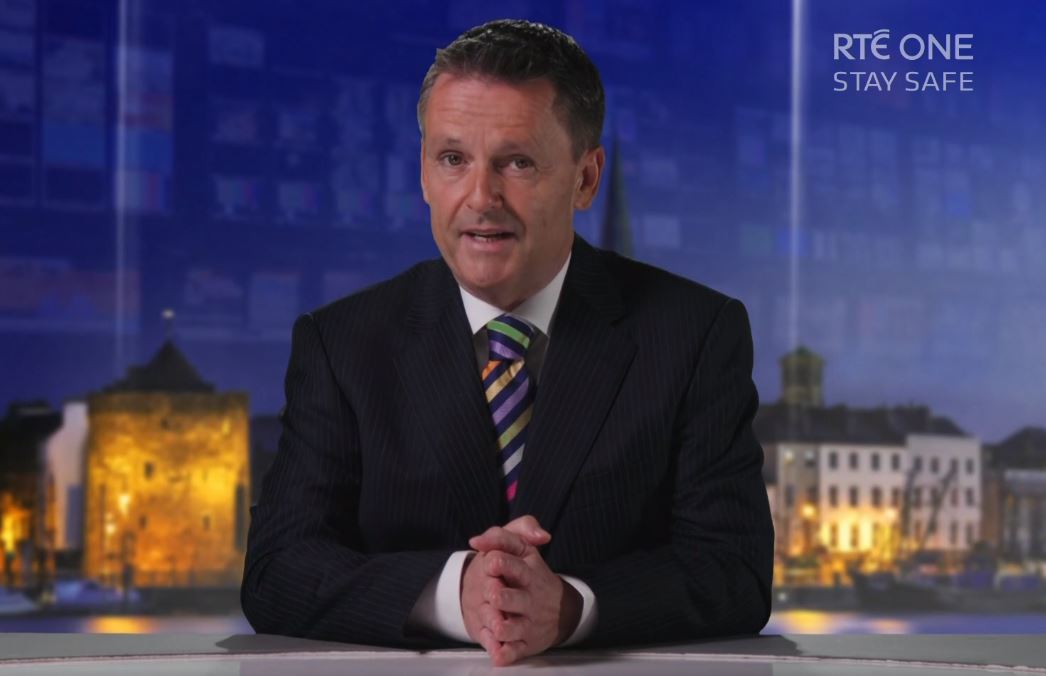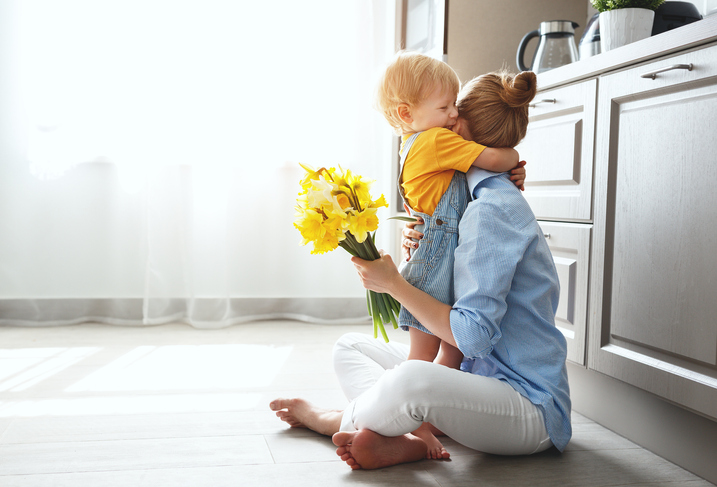Minister Josepha Madigan has repeated her call for a referendum to remove Article 41.2 on protecting mothers working at home.
The Article states: “In particular, the State recognises that by her life within the home, woman gives to the State a support without which the common good cannot be achieved. The State shall, therefore, endeavour to ensure that mothers shall not be obliged by economic necessity to engage in labour to the neglect of their duties in the home.”
Minister Madigan said the article, “which refers to a woman’s life within the home, is wholly discriminatory. It is also completely at odds with this Government’s policy regarding equality of opportunity and gender equality.”
She continued: “The Constitution does not seek to define the place of men. It therefore follows that it should not seek to define the place of women. Our Constitution should not narrowly define our roles in society.
“In today’s modern Ireland, both mothers and fathers carry out important family duties in the home, as well as grandparents, siblings, carers, and others. While many parents do choose to stay at home to raise their families, we should not discriminate against working parents, and working mothers in particular, who make an invaluable contribution to Irish society. Therefore, I would like to see this anachronistic Article consigned to history. It does not represent the values and lives of modern Irish women and modern Irish families.

